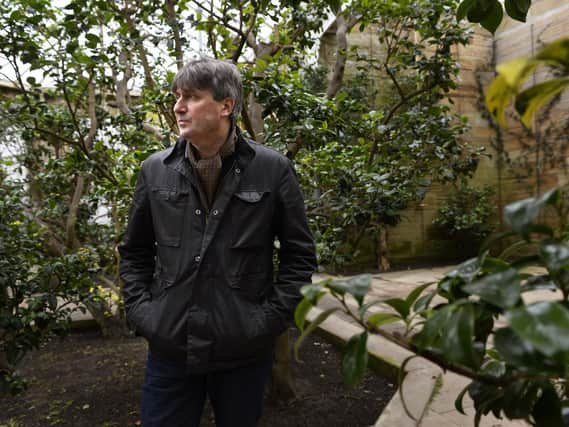From Amanda Gorman to Simon Armitage, why poetry matters right now - Yvette Huddleston


Think of all those love songs hewn out of heartbreak and the beautiful, poignant poetry that came out of the tragedy of the First World War.
Humanity has always tried to make sense out of things through the arts and the creative process. Poetry in particular is so accessible, both as a reader and writer.
Advertisement
Hide AdAdvertisement
Hide AdThe way in which it can distil thoughts and ideas into a highly-charged nugget of pure emotion makes it an extremely effective conduit for connection and empathy.
A powerful recent example of this was young poet Amanda Gorman’s recitation of her uplifting poem The Hill We Climb at the inauguration of President Joe Biden last month.
The call for unity and togetherness at the poem’s heart gave the whole world a much-needed glimmer of hope for the future. It has been reported that Gorman will address the Covid-19 pandemic directly when she becomes the first poet to perform at the Super Bowl this weekend.
Our very own Poet Laureate Simon Armitage last week shared a new poem on Radio 4’s Today programme. The incredibly moving The Song Thrush and The Mountain Ash focussed on the simple pleasures we are all missing at the moment – as the narrator tries to explain to an elderly relative in a care home why the parks are shut, why the music has stopped and why ‘I did not want to touch her hand.’
Advertisement
Hide AdAdvertisement
Hide AdDante’s epic poem The Divine Comedy – in three parts comprising Inferno, Purgatorio and Paradiso – has been the subject of a fascinating Radio 4 series hosted by the BBC’s Europe editor Katya Adler.
In it Adler, with the help of input from experts including Professor Matthew Treherne from the Centre for Dante Studies at the University of Leeds, illustrates how Dante’s 14th-century work and the events he lived through while creating it can help us better understand some of the challenges we face in the 21st century.
Dante was writing his masterpiece at a time when Europe was in political turmoil and ravaged by plague... The episode on Purgatorio was particularly affecting exploring how that intermediate state, a feeling of stasis, might equate to the current situation, especially where grief and loss are concerned.
Perhaps Wordsworth’s definition of poetry as “emotion recollected in tranquillity” might serve as a useful model.
Maybe we can take time during this period of enforced pause to reflect on how we might shape, post-pandemic, a better world for all of us.